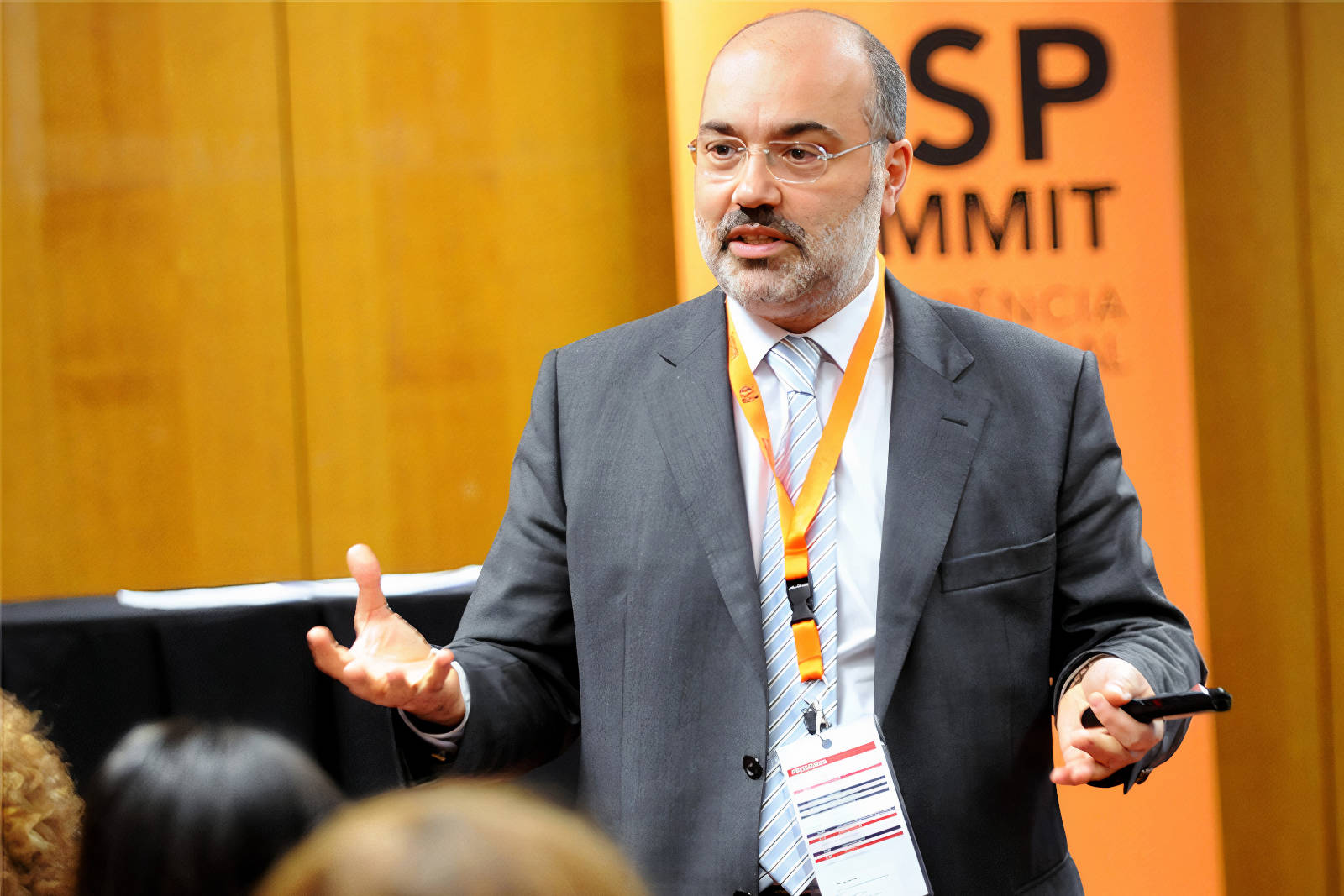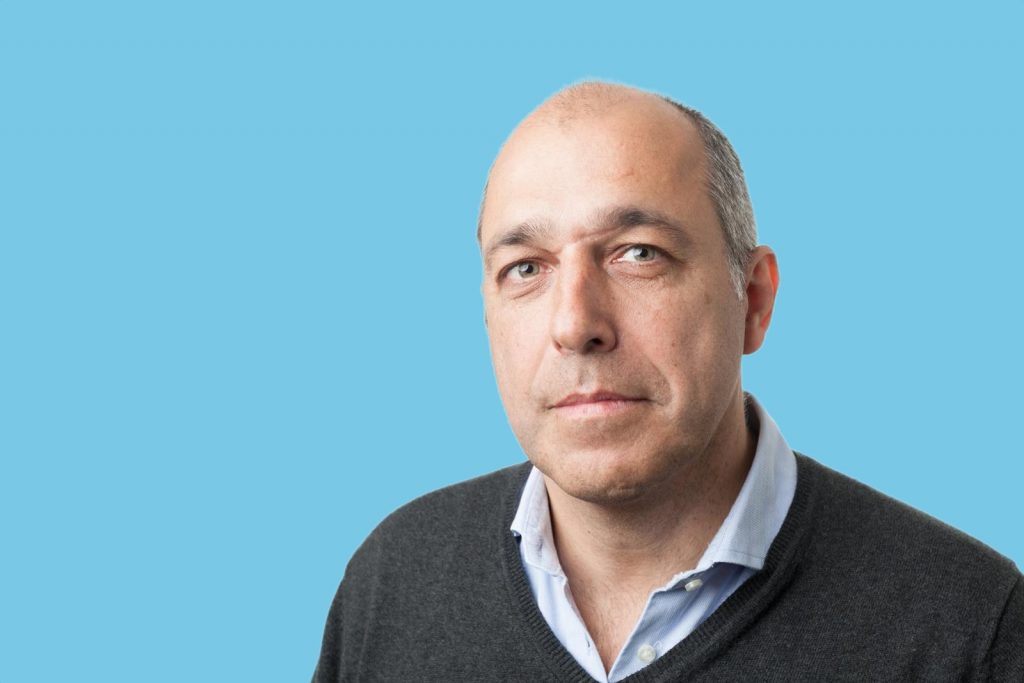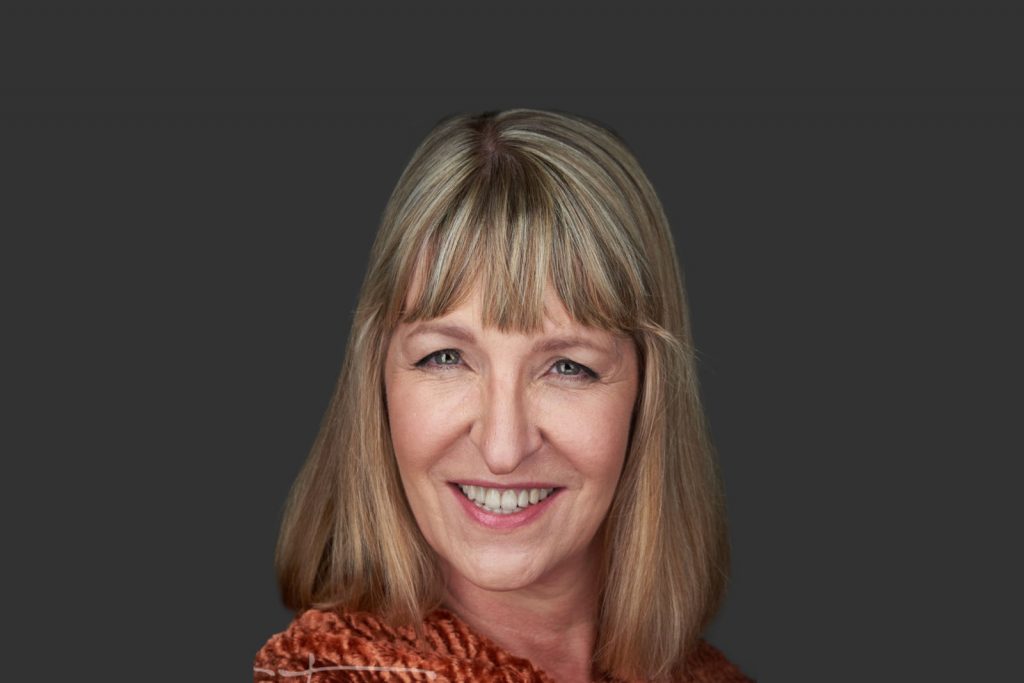With a pragmatic view of research as a tool to help resolve companies’ issues, Pedro Quelhas Brito is the author of many books and has participated in more than 50 research projects. Having focused his research on the psychology of the consumer in the tourism, retail, and new media industries, we took the opportunity to speak with Professor Quelhas Brito about the current trends in the Portuguese corporate world and what changes he foresees in a post-COVID world.
1. You have a vast academic education and you’ve been a professor for more than 20 years. What lead you down the academic path?
I graduated from the School of Agriculture at the Technical University of Lisbon. After a post-graduate in Agrifood Economics in Montpellier, I did a Master of Economics at the University of Oporto and, at the end of the 90s, a PhD at the University of Manchester – Institute of Science and Technology.
I am first and foremost a scientist. In other words, I make my contribution to knowledge and technology. I like to form teams of researchers and join them and encourage them in their findings while training them to be accurate and methodical. And then there are the more practical projects to help solve companies’ problems. I like those challenges because we learn and we must be humble and creative. Solutions have to work and be efficient.
2. What’s been the most interesting research project that you’ve participated in?
Since I’m an engineer, I like to measure and test the efficiency of digital technology. More specifically, if we place a product or a brand in a videogame will the player/consumer remember it? Will they be more likely to buy from that brand? The same principle applies when using augmented reality or robots/humanoids. That’s why I’m a member of INESC-tec/LIAAD (Artificial Intelligence and Decision Support).
3. And looking ahead, what trends do you think we will be seeing in the corporate sector in Portugal in the coming years?
Employees are increasingly qualified with a graduate degree – translating into human resources that are better prepared. The replacement of work with capital due to new technologies means that companies have to reformulate their offer for businesses that are based on knowledge which is another way of saying innovation. We have already proved we can reinvent the so-called traditional industries – here, creativity and design are key. We already have 4 unicorns but we also have huge regional disparities – especially coast vs interior.
I’m an optimist. I believe in and wish for more investment in organic growth and less on IDE. More investment on transactional goods for exporting and on national research and development, on opening up our talent pool to Portuguese emigrants and foreigners.
4. The current pandemic created a very challenging scenario to many companies in Portugal. What do you think companies can do to face the challenges of this crisis?
At the debate we held at Porto Business School, we concluded that this situation launched biotechnology and accelerated the so-called digital transformation of the economy. Since we have a hard time learning from crises, we still have some remnants of online life that companies should take advantage through online business. The best way to value something is by withholding it. And maybe that will help us understand the advantages and the inevitability of sustainability.
Do more with less. If we can work less, we can be even more productive – we’re not going to get more results just because we’re spending more hours at the office. We discovered that tele-work is viable, at least on a part-time basis.
When it comes to the tourism sector, it will bounce back even stronger especially if TAP resumes its routes to the Americas – north and south. We will have to double-up on corporate investment and human capital with more training. Always keep learning to innovative by taking risks – that’s the secret to staying competitive.



